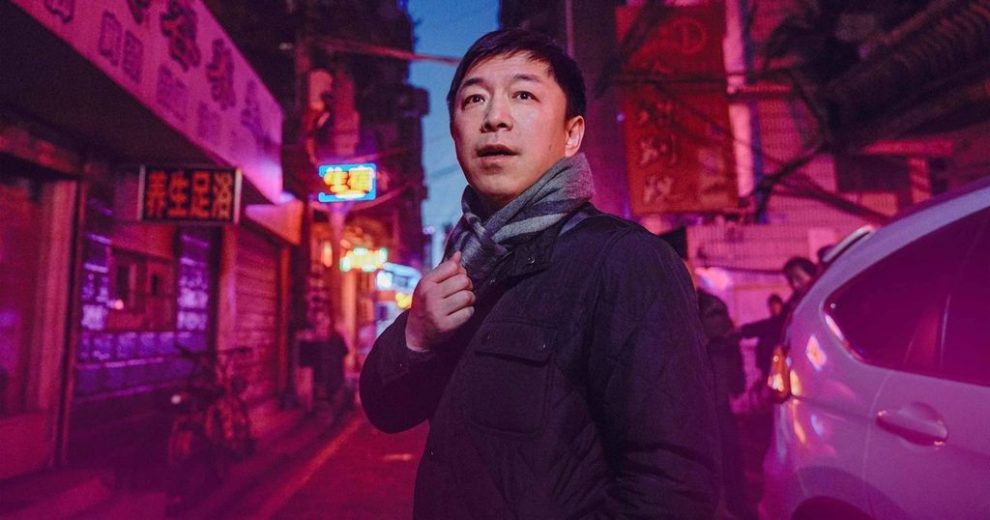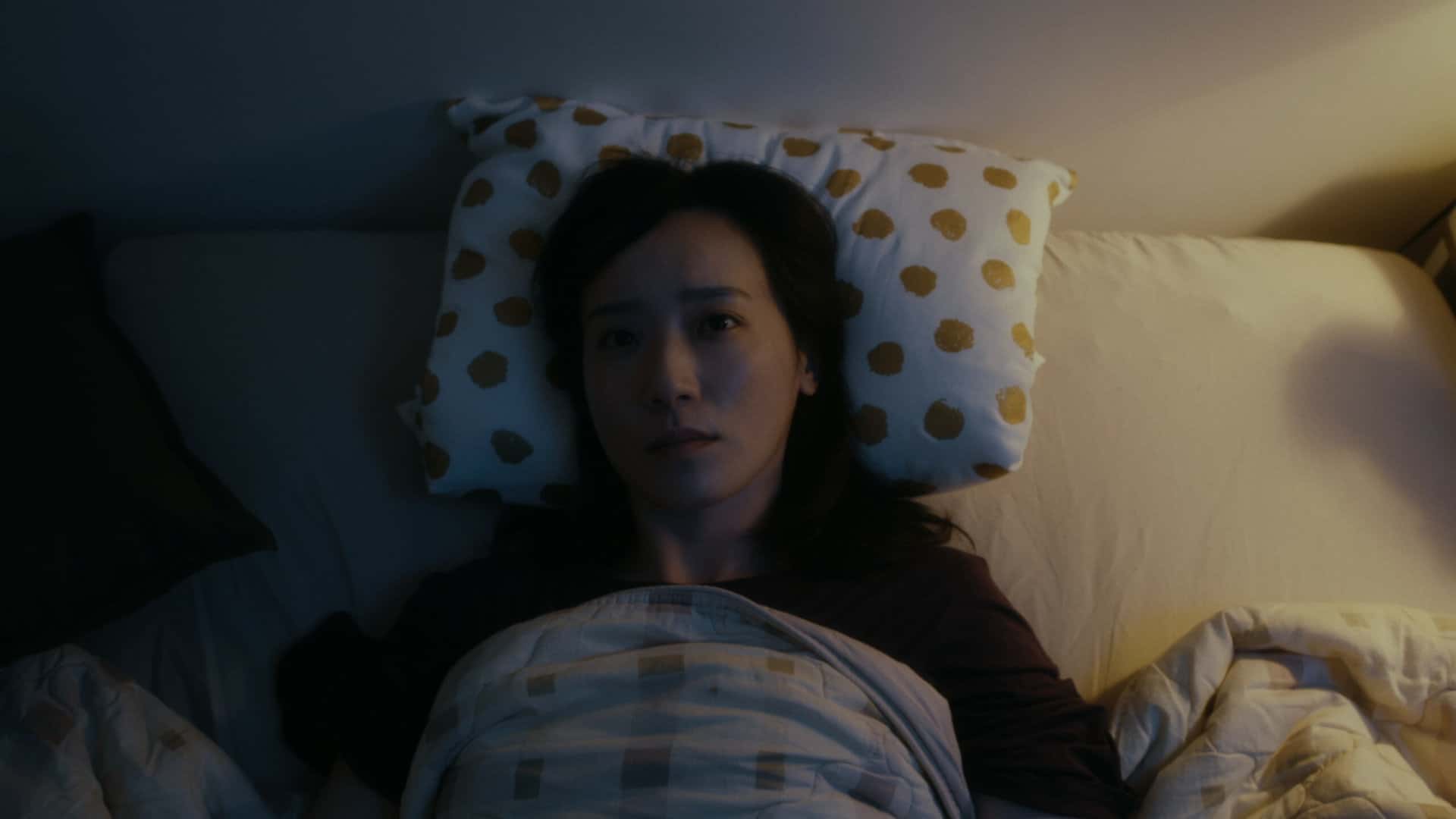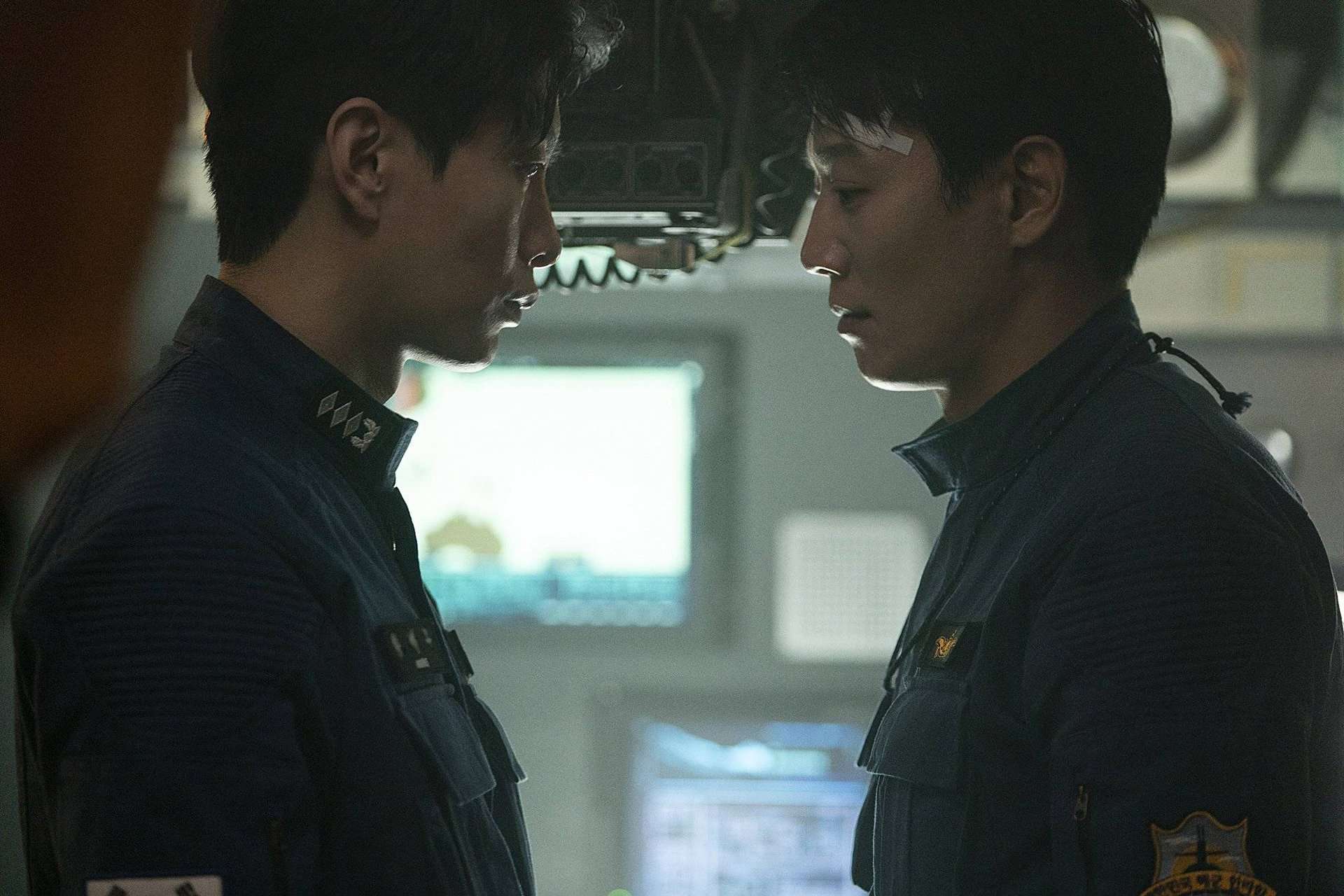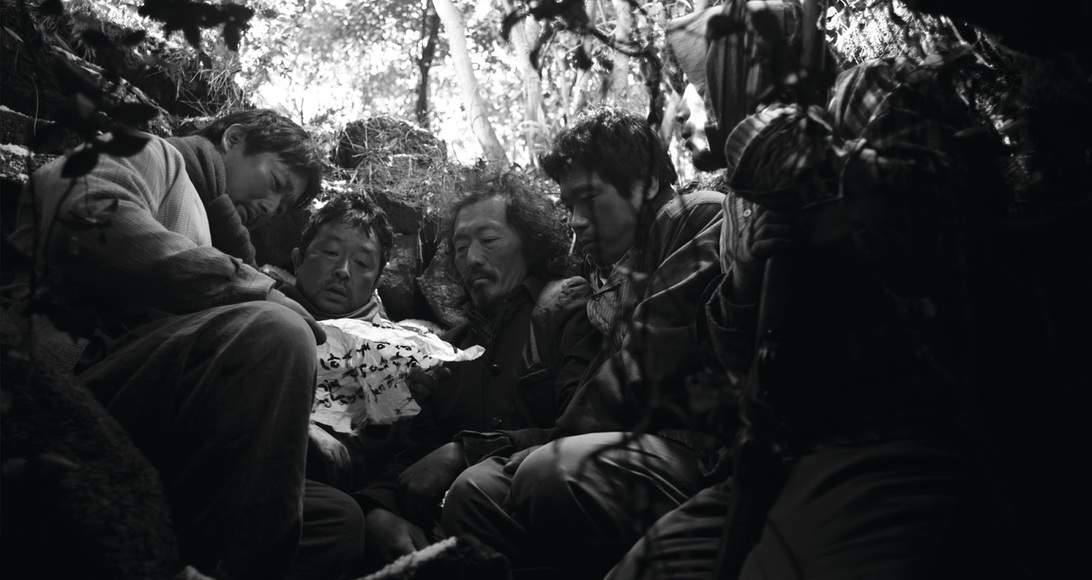Like many concepts, the idea of true love has become, to a large degree, the territory for advertisement, self-help books and an industry revolving around greeting cards or flower bouquets. Reading some of these books, watching commercial romantic films and looking at the images associated with the concept may just result in a nervous breakdown, for love itself has been commercialized. For many the goal of experiencing true love has become blurred by images and texts, most of which contain a capitalist or corporate agenda, which has resulted in a great deal of uncertainty whether we truly know what true love is, if we have experienced it or if we ever will. In his directing debut “Gone with the Light” screenwriter Ding Run-nian tackles this rather complex issue within a story that blends elements of science-fiction and drama, exploring the aforementioned questions and the personal struggles that follow the answers.
“Gone with the Light” is screening at New York Asian Film Festival

In December 2019, a day which starts normal, a devastating event takes place when a sudden beam of light appears, resulting in a series of accidents and people disappearing from one moment to the next. While Wu Wenxue (Huang Bo) is teaching a class, thinking about the possible promotion ahead of him, the beam of light not only leads to many of his students suddenly going missing, but also some of the staff disappearing. Across the city, many people just like him experience the event and whereas they are still trying to make sense of what has happened and there their parents, sons, daughters or friends have gone to all of a sudden, the Chinese state declares a state of emergency nationwide while a team of scientists starts gathering evidence in order to explain what has happened. And, more importantly, if it might happen again.
Although the source of the light remains unknown, it becomes obvious that only those people seem to have disappeared who were in a relationship or were dating and experienced true love as a result of that. With other scientists and conspiracy theories claiming it could have been the result of the Earth getting into contact with dark matter, the “true love”-angle becomes quite popular among many people as well as the media. As a result, those who are left behind, such as Wu and his wife, are now under scrutiny by society which labels them “morally impure” for their relationship is unstable or perhaps one of them cheated on their partner. Little by little, the consequences of this understanding of the event take shape, leading to catastrophic developments and relationships being questioned.
Whereas the science-part in “Gone with the Light” is somewhat questionable, Dong Run-nian's feature highlights the mechanisms of a relationship, from marriage to casual friendship, and even the connection between parent and child. Although the interpretation of the event remains highly theoretical and impossible to prove from a scientific point of view, it proves sufficient to apply concepts of high morals within the community of those “left behind”. In one of the most telling scenes, we observe Wu contacting dubious individuals in the black market to attain fake documents which might somehow support his claim to have a marriage based on mutual trust and affection. As the vendor reveals he has been busy doing similar jobs for other clients, we receive a glimpse of the sheer extent ideas like morals and love play a role in our society, no matter how nebulous they might be.
In many ways, “Gone with the Light” may also be viewed as an episodic drama, since the narrative consists of various stories surrounding different characters and how they perceive the consequences of the event. Whereas Wu struggles to maintain the middle-class facade, others, such as He Xiaofen (Huang Lu), who is in search for her husband, attempt to find answers as to how their relationships have dissolved over time and what (or who) their partners were really in love with. Similar to David Mackenzie's “Perfect Sense”, Dong Run-nian shows the connections within our society, how much of them relies on true emotions and how much on fakery, while also exploring how other people's definitions of these emotions define our lives.
In the end, “Gone with the Light” is an interesting story, blending elements of drama and science-fiction. Using a catastrophic event as its foundation, Dong Run-nian exposes the emotional bonds within our society, how much of them may be true and how much is not, but also the principles on which we determine what true love really is.















